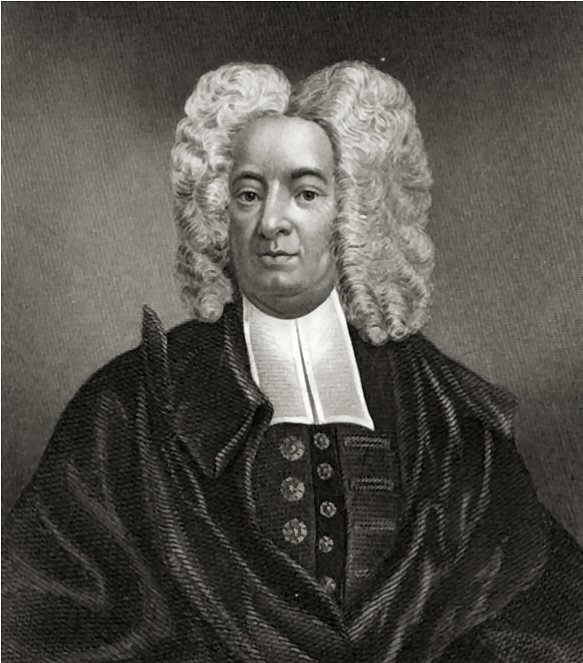Composition
late 14c., "action of combining," also "manner in which a thing is composed," from Old French composicion (13c., Modern French composition) "composition, make-up, literary work, agreement, settlement," from Latin compositionem (nominative compositio) "a putting together, connecting, arranging," noun of action from past participle stem of componere (see composite). Meaning "art of constructing sentences" is from 1550s; that of "literary production" (often also "writing exercise for students") is from c. 1600. Printing sense is 1832; meaning "arrangement of parts in a picture" is from 1706.

 Mary Anne Evans (22 November 1819 – 22 December 1880; alternatively "Mary Ann" or "Marian"), known by her pen name George Eliot, was an English novelist, poet, journalist, translator and one of the leading writers of the Victorian era
Mary Anne Evans (22 November 1819 – 22 December 1880; alternatively "Mary Ann" or "Marian"), known by her pen name George Eliot, was an English novelist, poet, journalist, translator and one of the leading writers of the Victorian era



